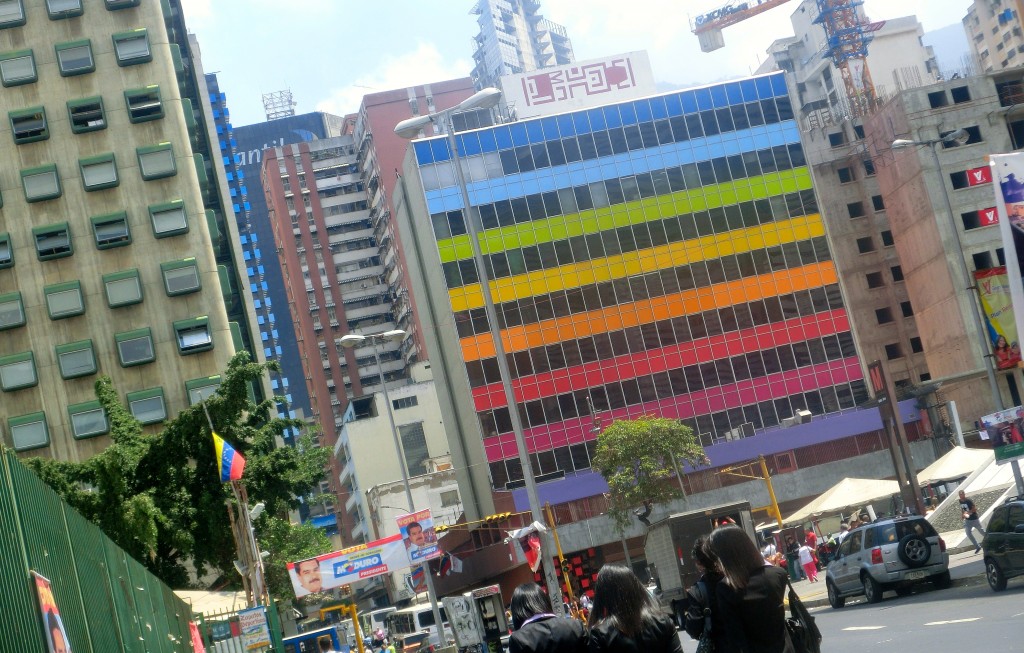You know it’s been a bad week for LGBT rights in sub-Saharan Africa when the best news came from a leader who referred to gays and lesbians as ‘abnormal persons,’ with an illness to be treated.![]()
![]()
But considering that Nigerian president Goodluck Jonathan signed into law on Monday the Same-Sex Marriage Prohibition Act, which criminalizes not only ‘amorous’ same-sex relationships, but also registration, operation or participation in gay clubs, societies or organizations (including, potentially, US and other Western human rights organizations active in Nigeria), Ugandan president Yoweri Museveni’s decision to veto an anti-gay bill on Friday was somewhat of a triumph, even if the veto was shrouded in a bizarre — and still virulently anti-gay — message:
The President said a homosexual is somebody who is abnormal because the normal person was created to be attracted to the opposite sex in order to procreate and perpetuate the human race. He said, nature goes wrong in a minority of cases. While in the Bill passed by Parliament there is no provision for killing homosexuals; the President said, “The question at the core of the debate of homosexuality is; what do we do with an abnormal person? Do we kill him/her? Do we imprison him/her? Or we do contain him/her?”
While the President said homosexuality is an abnormal condition that can be cured, he disagreed with the position of Western countries that homosexuality is an “alternative sexual orientation”. “You cannot call an abnormality an alternative orientation. It could be that the Western societies, on account of random breeding, have generated many abnormal people,” he said, adding that his acid test for rejecting Western position is that nature is purposeful.
Uganda and Nigeria are at the heart of an increasingly widening debate within sub-Saharan Africa over homosexuality, and Uganda’s proposed anti-gay laws have been widely covered in the international media.
The current bill, passed in December 2013 by Uganda’s parliament, which is dominated by the National Resistance Movement that’s controlled Uganda since Museveni (pictured above) came to power in 1986, would criminalize same-sex sexual intercourse, with penalties of life imprisonment for Ugandans convicted of ‘homosexuality.’ The bill also creates obligations for Ugandan citizens to report suspected gay and lesbian individuals to the police, and it criminalizes providing advisory services to gay and lesbian individuals. The latter provision could endanger all sorts of public health initiatives in Uganda, especially with respect to HIV/AIDS.
Earlier versions of the bill mandated the death penalty for gays and lesbians, which number an estimated 500,000 people among Uganda’s population of over 36 million. Continue reading Museveni vetoes Ugandan anti-gay bill after Nigeria law takes effect

